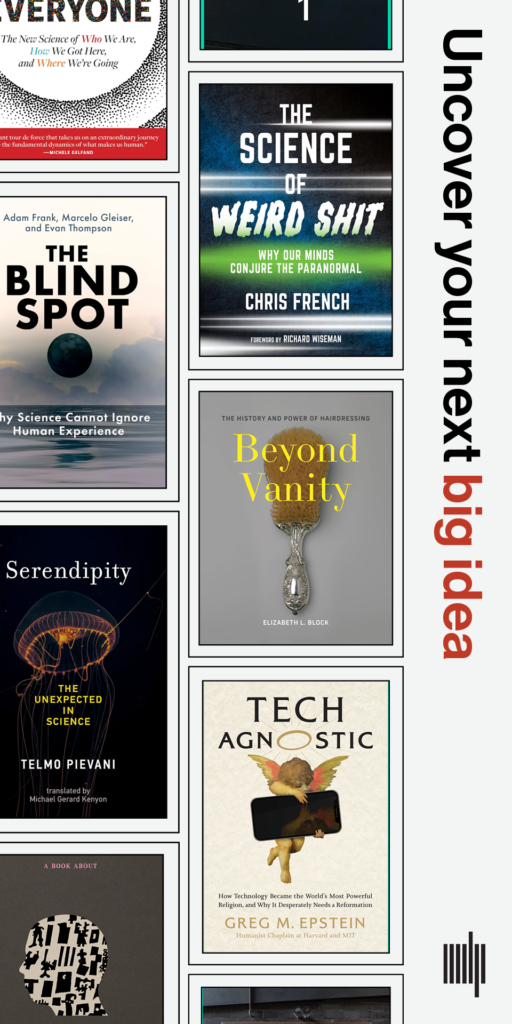I don’t know Ray Conlogue. I don’t know your publication. Perhaps that makes me illiterate.
No matter. What I do know is that comparing me to Ann Coulter—even “Ann Coulter Lite”—is an, eek!, absurdity, but typical of the intellectual laxity that characterizes so much of polemical commentary in this country.
Again, no matter. I understand that Conlogue is using Coulter as the worst insult that comes to mind, regardless of how unfitting the correlation. She is a pretty idiot. I would say I’m neither.
But Conlogue goes beyond the pale by snidely mocking the death of my father, or at least the manner in which I wrote about it. My God, are there no depths to which some people won’t descend? Unforgivable—indeed, grounds for doing violence to him—is Conlogue’s assertion that I feel guilty for having disliked my dad. From where does he get this astonishing invention? I have no lack of guilt in my life. But I’ve never professed, in person or in print, anything other than love for my father. To think that anyone reading this article would be misled into believing such a gobsmacking lie makes me, literally, sick to my stomach.
By stopping at nothing to diminish me, Conlogue has done harm to a dead man he never met.
Shame, shame, shame. You are a disgrace, Conlogue. I hope I can tell you that to your face, some day.
Rosie DiManno
Toronto, Ontario
A response from Ray Conlogue
Ms. DiManno’s reply illustrates perfectly the double standard on which “personal” journalism is based.
Had her article been about the Toronto police, or the deployment to Afghanistan, Ms. DiManno would (I hope) have gracefully accepted reader disagreement. Hundreds of thousands of readers are not obliged to share one pundit’s view.
But notice what happens when the writer recounts an intimate and painful personal story. A different standard is introduced. Here, as in a family gathering, she demands sympathy. Should a nephew break in with, “Yeah, but, Rosie, your father was a colossal pain. I don’t know why you keep pretending you liked him,” a solicitous aunt would make disapproving sounds and tightened lips all around would alert the nephew to his faux pas.
However, it is different when this story is recounted in a forum where it will be read by countless strangers. Here the writer has herself broken the rules of private decorum. It is unreasonable to order anonymous readers to respect them.
In the case of the story about her father, we read that he is “the angriest man I have ever known,” that “he’d swear at me, rain curses on my head,” and that when he was dying he refused to hold her hand, saying, “go away or I’ll rip out your heart.”
Having recounted these things, Ms. DiManno now observes that she has never professed anything but love for her father. Perhaps that’s true. However, I have formed an opinion in reading this publicly published article—as I have every right to do—and my opinion is that Ms. DiManno disliked her father. She may also have suffered from unrequited love, because the human heart is full of paradox. The two can coexist, and my view is that in this case they do.
Ms. DiManno is outraged that I have this opinion. She says I have demeaned a dead man. She all but cries vendetta.
In other words, she is informing the world that it must respect the rules of private decorum when she writes about her private life—even though she herself is breaking those rules by doing so.
This is why traditional political journalists were taught never to use the pronoun “I” and never to recount personal material in their columns. To do so confuses the reader, who expects well-informed analysis and does not seek an emotional relationship with the writer.
It is a sign of the desperation of Canadian newspaper publishers that they have broken this covenant with the reader. They know, of course, that most people can’t resist peeking into the personal lives of celebrities, and journalists are minor celebrities.
By encouraging this, publishers are treating both journalist and reader as patsies. The journalist becomes a monster of vanity, and the reader wakes up one morning to find she has lots of thoughts about Margaret Wente and Rosie DiManno and not many about anything else.

